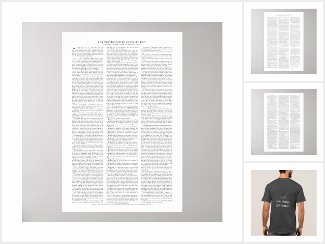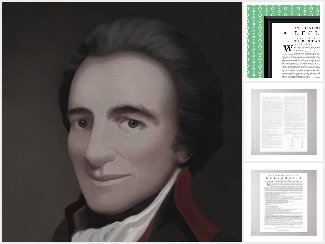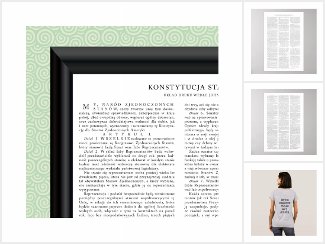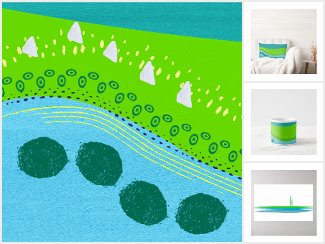Our core words, be, have, and do, have the word shape “will” in the field for the grammatical FUTURE. Let us make a picture.

In our FUTURE field, we can say we will be, will have, or will do, but how could we envision the word will on its own?
We may compare it for all our fields of time.

Present


Past


Future

We do not say for the word “will” itself,
*will will.
There is no standard word shape to place in our FUTURE field, for the verb form “will”. Let us think, why.
As we noted in ■CHAPTER 1, humans have evolved grammars along with perception for three-dimensional space. There never has been really at hand, and there is not today either, any fourth or time only dimension, to make language.
The real time we people live in is always our PRESENT.
We can make predictions on the real-time future, but we never can really move into it, as there hardly would be a way to take our space with us: well, our dimensional bodies?

We use PRESENT grammatical forms to talk about the future, and “will” is one of those forms we can use to map cognitively, in our minds, on the real-time future.
ADVERTISEMENT
Spring Flowing Colors

Everyday life allows quite exact predictions, as for one person, or a family, or a group of people, if people go to school or work. It is owing to this living experience that we have standard language uses where the verb form “will”, grammatically a PRESENT shape, maps on the real-time future.
Further, we probably would not say that human lives sum up to a number: the future is not an equation, and it is predictable only to an extent, because it all the time becomes or forms, in our Present, whereas there is always more than one factor for this. In a degree, the Future is an open context. The Extras have some more talk about ■LANGUAGE FORM and ■VERBS.
Language form
We always need to know the language and the context, to see what a word denotes: a picture of a cat is not a cat. Language form is very capacious and flexible. To begin work, we can even use virtual words. ■More
Appendix 1. Verbs
Verbs tell activities, faculties, or states, as to think, to work, or to be. They may do this in 4 Aspects, the Simple, Progressive, Perfect, and Perfect Progressive; or in infinitives and participles — where Modal verbs are exception. ■More

Let us compare all our core words
for the PRESENT, PAST, and FUTURE.

Present

Past

Future

Our core words are verbs. A verb is a word saying what we do, what others do, or what happens. Time to exercise our language natures (!)
■2.1. MORE WORDS IN THE FIELDS OF TIME
2.1. More words in the Fields
Verbs may change in shape for the Present, Past, or Future, Not all are regular in this. We exercise verb 1st and 2nd forms in the fields of time. ■More
■This text is also available in Polish.
ADVERTISEMENT
Book format in preparation.
In the first part of the language journey, feel welcome to consider a picture for
■ the grammatical Past, Present, and Future;
■ the Simple, Progressive, and Perfect;
■ infinitive, auxiliary, and head verb forms;
■ the Affirmative, Interrogative, Negative, and Negative Interrogative;
■ irregular verbs and vowel patterns: high and low, back and front.
Third edition, 2024.


Psycholinguistics
Linguistics
& Translation
Knowledge gains with good translation
■Public Domain
Translation. com
American English & Polish

Internet Archive, the free text and image repository
■Feel welcome to use my free materials■
The posters are available to shop online as well.






